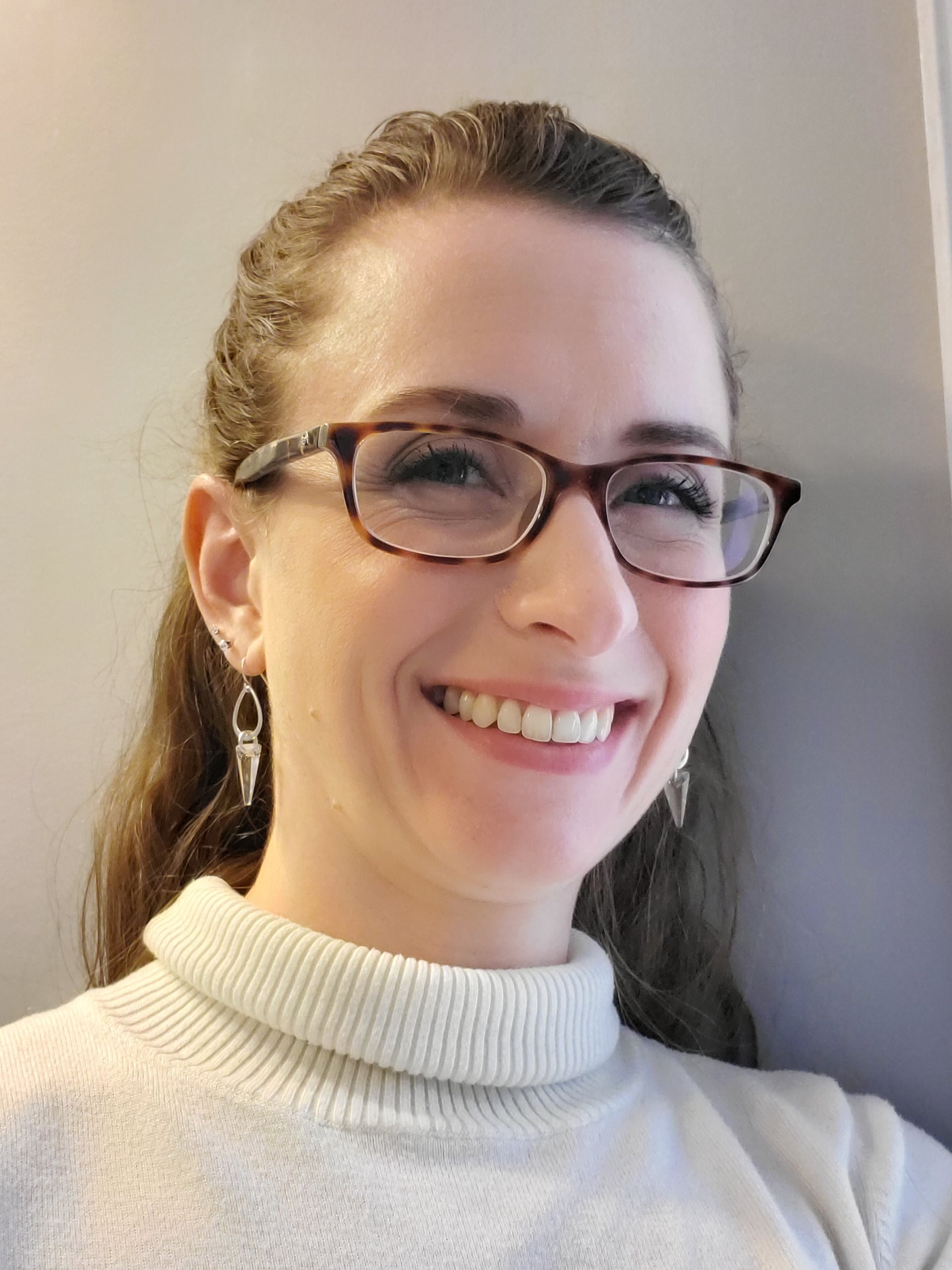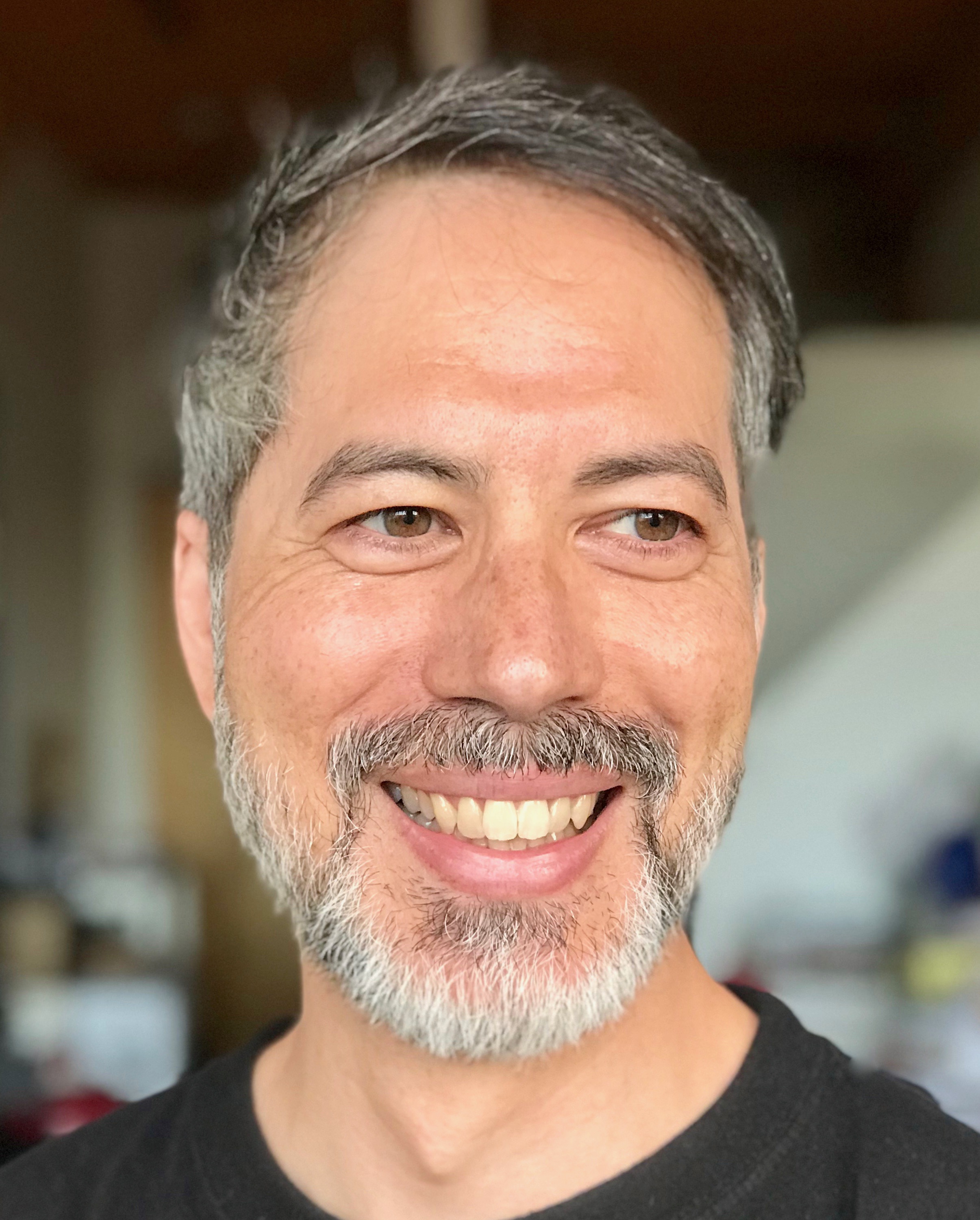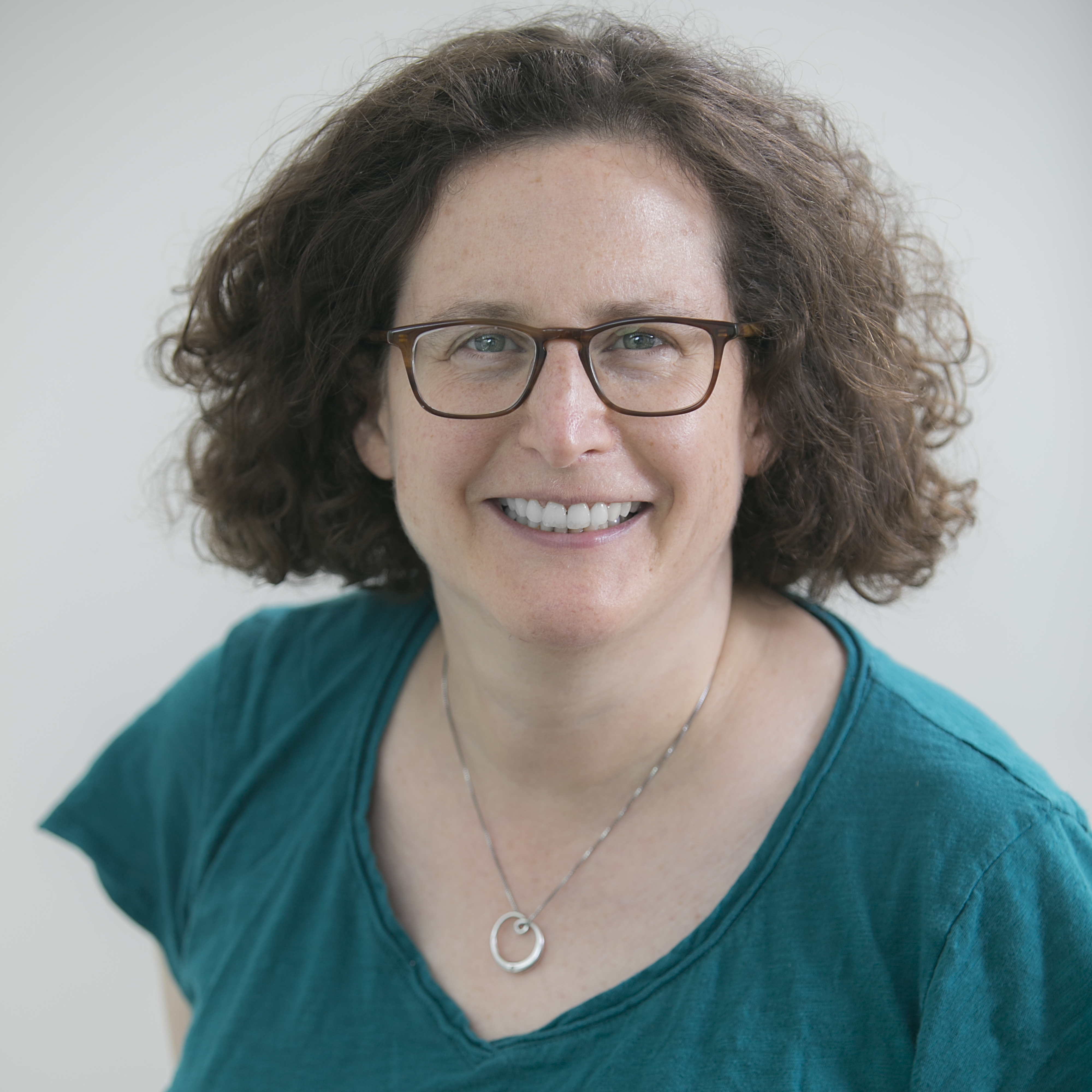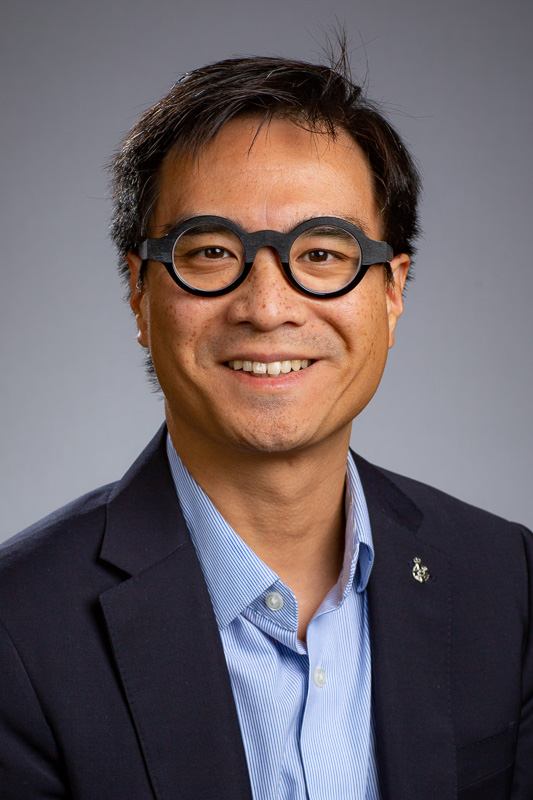Speaker Biographies for Annual Digital Disruption Event: Combating Misinformation and Disinformation with Artificial Intelligence
May 26, 2022 | 11:00 AM – 1:15 PM

Register for event here
Join us on GCCollab for updates and discussion
Speaker Biographies
|
|
Erica Vezeau (Master of Ceremonies)
Director General, Digital Academy, Canada School of Public Service
Erica Vezeau is the acting Director General of the Canada School of Public Service’s Digital Academy. She joined this team in March 2021 to support its mandate to help public servants gain the knowledge, skills, and mindsets they need to succeed in the digital age. She has over 15 years of previous private- and public-sector experience in program administration, service delivery, and strategic planning with a special interest in digitally focused projects to modernize business processes and improve government services.
|
|
|
Fuyuki Kurasawa
Associate Professor and Director, Global Digital Citizenship Lab, Department of Sociology, York University
Fuyuki Kurasawa is Associate Professor and Director of the Global Digital Citizenship Lab at York University in Toronto, Canada. A Member of the Royal Society of Canada’s College of New Scholars, Artists and Scientists, and a former Fulbright Scholar, Kurasawa has been a Visiting Fellow at Cornell, the École des Hautes Études en Sciences Sociales, Harvard, NYU, and Yale, where he is a Faculty Fellow of the Center for Cultural Sociology. In 2000, The Globe and Mail named him on its list of Canadian Young Leaders, and he is a frequent analyst in French- and English-language media. Kurasawa is the author of The Ethnological Imagination: A Cross-Cultural Critique of Modernity (Minnesota, 2004), The Work of Global Justice: Human Rights as Practices (Cambridge, 2007), and Perilous Light: On the Visual Economy of Humanitarianism (Chicago, forthcoming), as well as editor of Interrogating the Social: A Critical Sociology for the 21st Century (Palgrave Macmillan, 2017). His current research examines the ways in which digital culture is fueling epistemic struggles, disinformation, and public controversies online (about climate change, gender-based online abuse, COVID-19-related anti-Asian racism, etc.), thereby transforming evidence into a disputed cultural and political artifact.
|
|
|
Amy Bruckman
Regents’ Professor, Georgia Institute of Technology, Author of “Should You Believe Wikipedia?”
Amy Bruckman is Regents’ Professor and Senior Associate Chair in the School of Interactive Computing at the Georgia Institute of Technology. Her research focuses on social computing, with interests in understanding across difference, content moderation, and internet research ethics. She is an ACM Fellow and a member of the ACM CHI Academy. Bruckman received her Ph.D. from the MIT Media Lab's Epistemology and Learning group in 1997, and a B.A. in physics from Harvard University in 1987. She is the author of the book “Should You Believe Wikipedia? Online Community Design and Knowledge” (2022).
|
|
|
Kevin Chan
Director, Global Policy Campaign Strategies, Meta Platforms
Kevin Chan is the Global Policy Campaign Strategies Director at Meta Platforms, where he is focusing on the future of the internet, including the metaverse, AR/VR/XR, and the creator economy. A former government executive and university administrator with deep experience at the intersection of tech, policy and governance.
Kevin launched Facebook’s Canadian public policy function and spent 7 years as its Head and then Director of Policy. His tenure was the subject of a 5,300-word profile in The Logic and The National Post on “How Kevin Chan shapes the debate in Canada’s corridors of power” noting that, “Chan has led a purge of Canadian conspiracy theorists from Facebook, negotiated deals to fund many of the country’s news media publishers, been nominated to various university public-policy advisory boards, and spearheaded weighty public discussions about misinformation, election integrity and the future of the internet”. He was awarded a 2020-21 Harvard Technology and Democracy Fellowship for his leadership of Facebook’s Canadian Election Integrity Initiative.
|
|
|
Brian Murphy
Vice President of Strategic Operations at Logically
Since September 2021, Brian Murphy has been the Vice President of Strategic Operations for Logically. In his role, he assists in developing and implementing advanced Machine Learning and Artificial Intelligence solutions to find harmful threat content at scale and across languages and platforms on social media. He works with national security and law enforcement to spot and stop violence and state-sponsored disinformation.
An expert in U.S. domestic intelligence and national security matters, he has served in multiple roles in the federal government over the past 27 years. His assignments have included working as the Principal Deputy and Acting Under Secretary for Intelligence at the Department of Homeland Security (DHS) since 2018, where he served as the Chief Intelligence Officer, Chief Information Sharing Officer, and Chief Counterintelligence Officer for the department.
Prior to joining DHS, he was a special agent at the Federal Bureau of Investigation (FBI) - responding to criminal and national security threats. He is an expert leader within the safety and security field with a strategic and strong focus on combating local, national, and international security threats. He is also a Doctoral Candidate at Georgetown University where his area of study is Russian disinformation.
|








